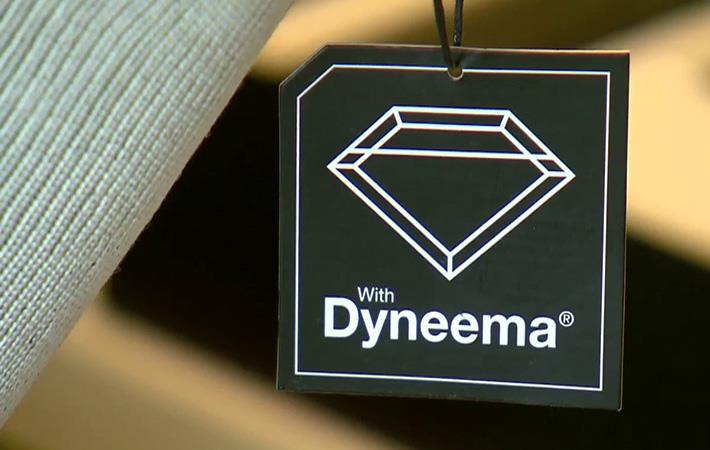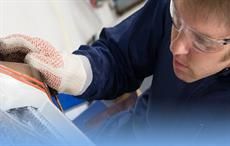Royal DSM, a science-based company in nutrition, health and sustainable living, has come up with new sustainability targets for Dyneema, the world's strongest fibre. These targets include introduction of bio-based feedstock and recycling of end products made with Dyneema. This is aimed at establishing a more transparent and circular value chain for Dyneema.
This will also result in improved sustainable business operations with partners and suppliers, according to the company. The new targets for DSM’s Dyneema portfolio address industry-specific demands and are focused on the three key areas in which DSM is driving sustainable markets: nutrition and health, climate and energy, and resources and circularity. This follows DSM’s strategy ‘Growth and Value - Purpose led, Performance driven’.Royal DSM, a science-based company in nutrition, health and sustainable living, has come up with new sustainability targets for Dyneema, the world's strongest fibre. These targets include introduction of bio-based feedstock and recycling of end products made with Dyneema. This is aimed at establishing a more transparent and circular value chain for Dyneema.#
With Dyneema, DSM is continuously raising the bar when it comes to realising healthier and safer working conditions, with a specific focus on personal protection wear and equipment for first responders, law enforcement officers, heavy industry workers and sports enthusiasts across the world, the company said. Products and solutions with Dyneema protect 30 million people per year and by 2023 the aim is to protect at least an additional 10 million.
DSM is introducing a bio-based feedstock for Dyneema. By 2030, at least 60 per cent of Dyneema fibre feedstock will be sourced from bio-based raw materials enabling customers to seamlessly shift to a more sustainable product and solution, without compromising on fibre performance. In this way, DSM is taking the next major step in its sustainability journey, introducing the first ever bio-based ultra-high molecular weight polyethylene fibre and further reducing its reliance on fossil-based resources. A mass-balancing approach will be used for the new bio-based Dyneema. The Dyneema bio-based material will be supplied to customers carrying the globally recognised ISCC Plus sustainability certification and will not require re-qualification of downstream products.
By 2020, DSM will establish an industry coalition consisting of customers, waste processors, and recycling companies to address the recycling of end products made with Dyneema fibre. As a first step, a DSM Circularity Summit with some key partners and recyclers took place in Brussels in November 2019. During the event the participants jointly created and committed to joining the Coalition while also setting clear priorities, establishing a vision of success, creating an action plan, and identifying opportunities to accelerate the transition to a circular economy. DSM believes that the transition towards a more circular economy is only possible by collaborating across the entire value-chain.
Wilfrid Gambade, president DSM Dyneema said: “With our Dyneema portfolio we actively contribute to the development of more sustainable and life-saving products. We are aware of the sustainability challenges concerning our markets and industries and strongly believe that we can set an example by improving our own operations. At the same time, by working closely together with our partners and suppliers, we aim to grow performance and quality when it comes to protecting people and the environment they live in - because all life is precious.”
DSM will continue driving its sustainability strategy across all the industries in which Dyneema is used, including law enforcement and personal protection, heavy lifting, maritime, renewable energy, sports and fashion, the company said.
Fibre2Fashion News Desk (SV)


